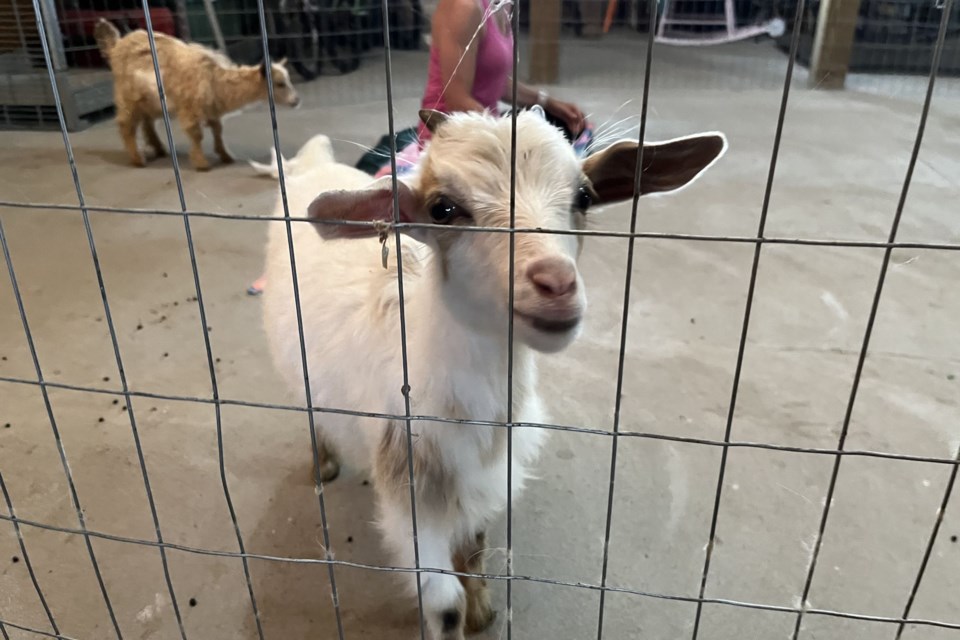A new pilot program will see emotional support livestock allowed in Okotoks for a one-year trial.
To regulate the keeping of emotional support livestock in Okotoks, Town council approved a bylaw during its meeting on June 24.
Emotional support livestock will be allowed to be kept on property in town, but the start date of the program isn’t known yet.
During the meeting, Coun. Brent Robinson said the Town was approached about the issue by a resident new to Okotoks.
“They have an animal that’s described as an emotional support animal, and upon moving to town they weren’t able to bring this animal with them,” Robinson said.
Rules and stipulations apply to those with emotional support livestock, including licensing, inspection and maintenance of the premises where the animal is kept.
“You can't let the animal sort of run around, it can't cause noxious fumes, it can't cause health risks to other people around it,” Robinson said.
Originally, animals up to 225 kilograms would have been allowed under the bylaw, but council trimmed that figure down to a maximum of 180 kilograms.
Coun. Rachel Swendseid said the weight reduction is not meant to eliminate any potential support animals like goats, sheep or pot-belly pigs.
“It does allow for miniature horses, but it does decrease the size of the animal because at the end of the day, we still are an urban-rural community,” Swendseid said.
A letter of support from a mental health professional is needed before a person can get a licence for emotional support livestock, and Okotoks Municipal Enforcement (OME) will administer the program.
Licences would be granted on a case-by-case basis, OME manager Vik Kulkarni said.
Municipal enforcement will get feedback and collect data during the pilot to provide a one-year follow-up report where the decision will be made about whether to continue the program.
Kulkarni said Okotoks’ bylaw was modelled after a similar one in the City of Calgary that got only about 10 applications.
“We’re interested to see what our numbers are going to look like,” Kulkarni said.
The bylaw was unanimously approved by council.
“My main reason I'm supporting this bylaw is the mental health piece of it, because I do know that companion animals really do impact quality of life,” Swendseid said.
She also supported the pilot project concept, saying it provides the ability to raise concerns or make changes in the future.




